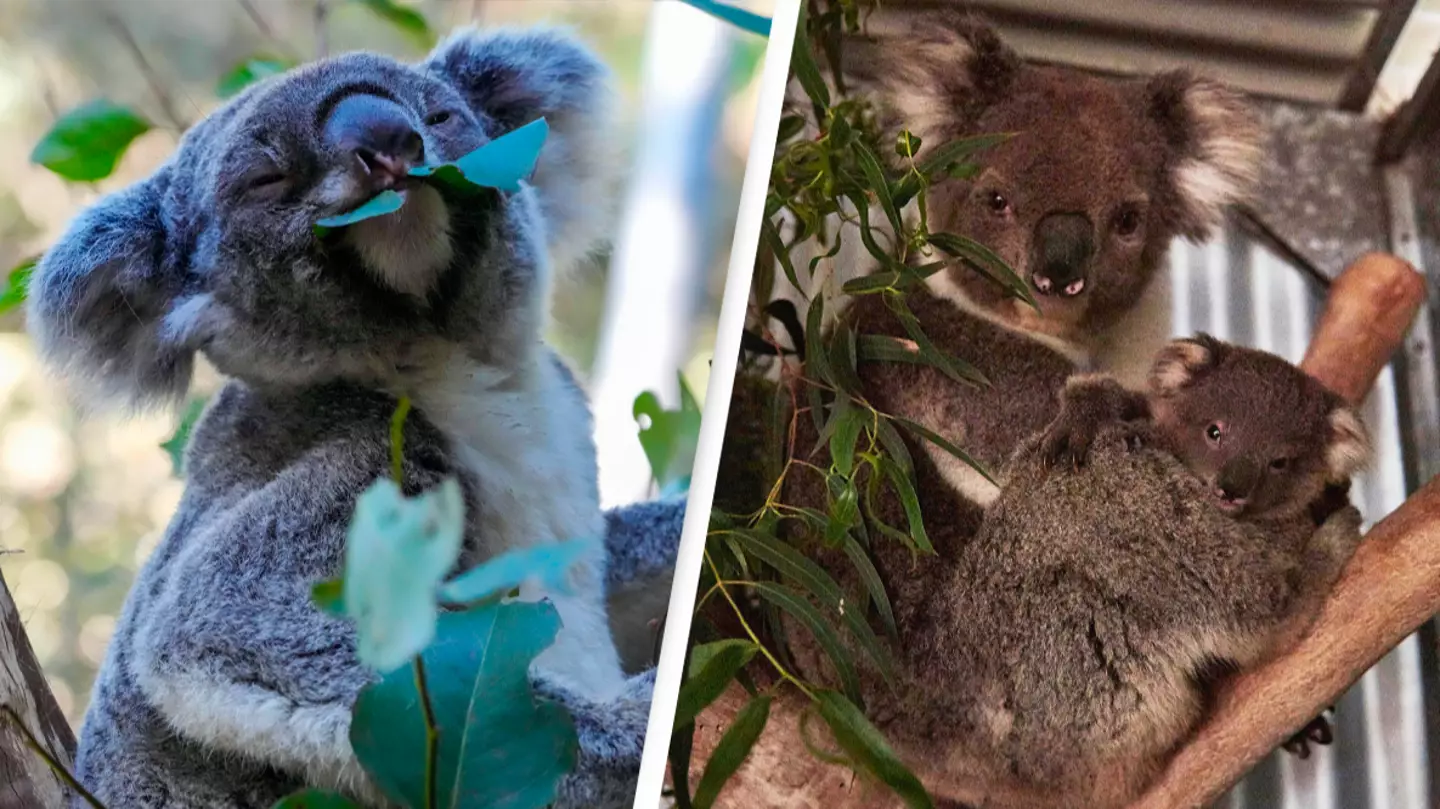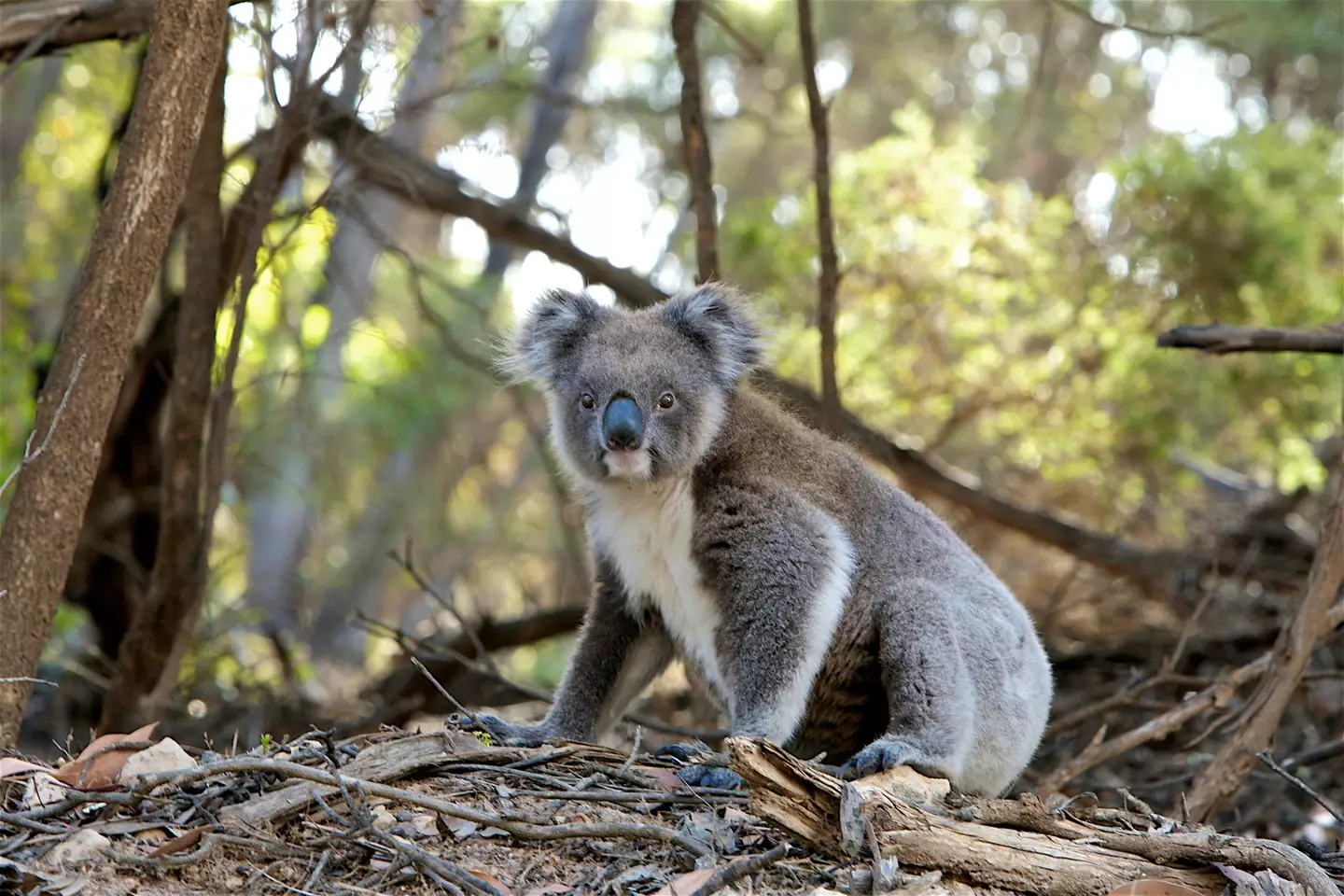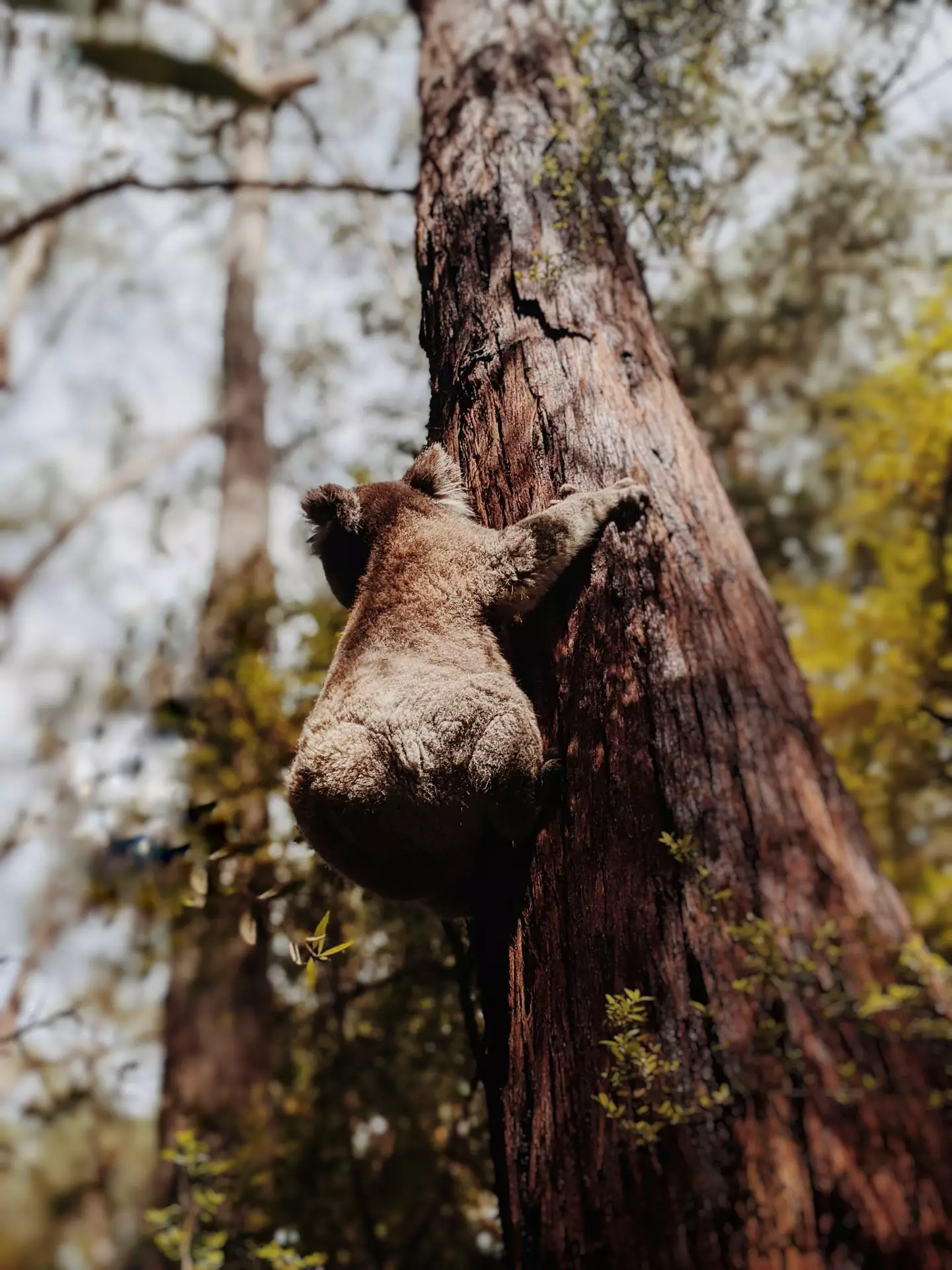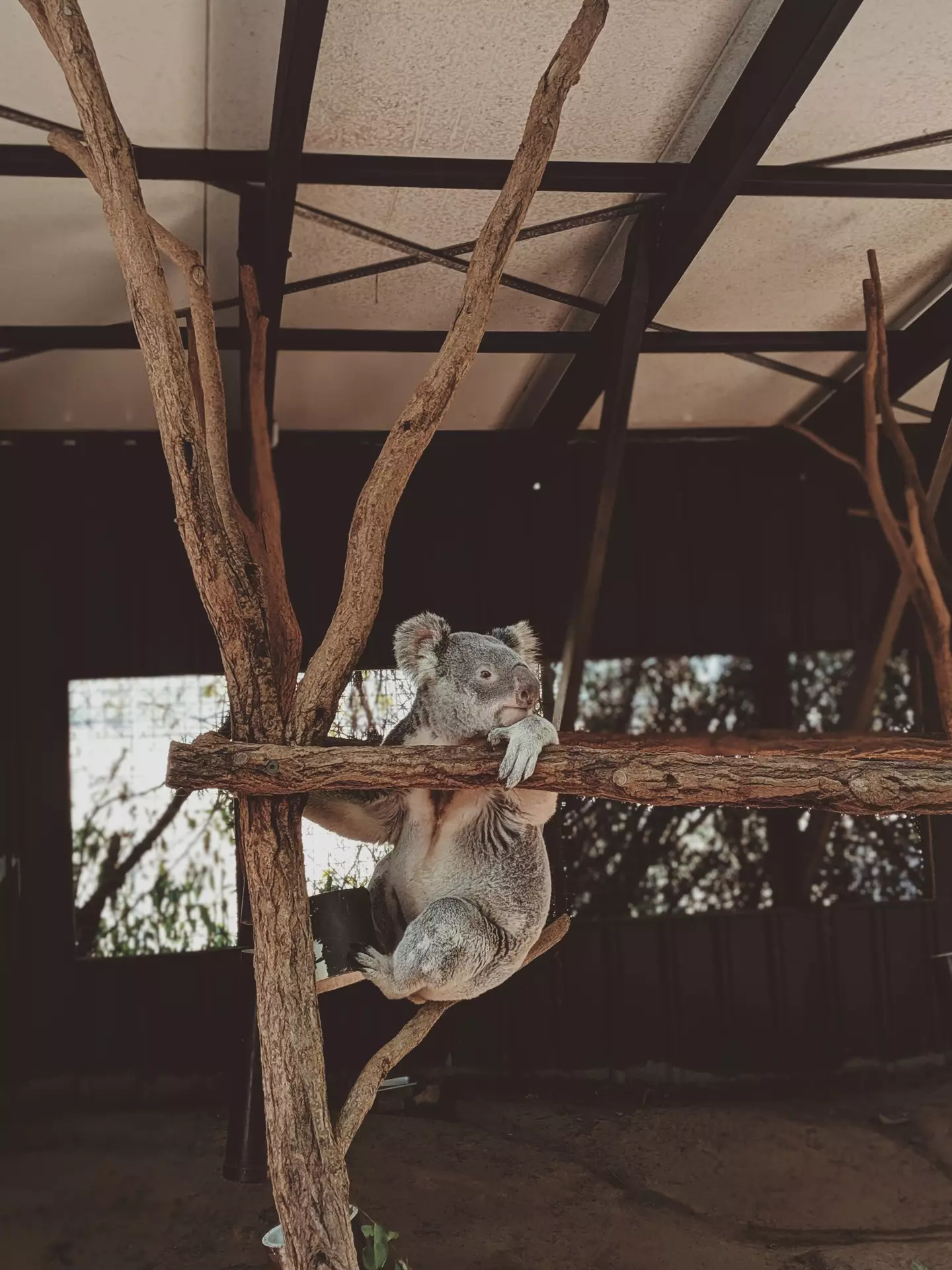
Wild koalas are beginning to receive chlamydia vaccinations from scientists to help stop the spread of the STD before it wipes them out.
Unlike humans - who sometimes don't get any symptoms at all or when they do, experience discharge or pain when peeing - koalas experience a whole new level of chlamydia.
The sexually transmitted disease causes infertility, blindness and even death in the Australian native marsupial, so much so, it has even put koalas at risk of extinction.
In order to save the koalas and make sure they still exist on our planet in around 30 years time - with the animal being declared 'endangered' by Australia's federal government last year - a field test has been approved by the government to collect a group of wild koalas and vaccinate them against the disease.
Advert

The group of scientists have set out to capture half of the population of koalas in the Northern Rivers region of New South Wales where 80 percent of koalas are infected.
A single-shot vaccine which will be used on around 50 animals who don't already have the STD in order to prevent them from becoming infected.
The vaccine has previously been tested on a few hundred koalas, so is proven to be safe and effective.
The scientists first began their quest in March and the whole field test is anticipated as taking three months to complete.
But how does one safely capture a wild koala I hear you ask?
Not that you should attempt to do so yourself, but in order to catch a wild koala, you will need a pair of binoculars, circular enclosure and some cages.

First, you must spot the koalas - typically found in an eucalyptus tree. Veterinary care and clinical director at non-profit organisation Friends of the Koala where the marsupials are being brought for their vaccinations, Jodie Wakeman, notes it's 'hard to confuse a koala with any other animals'.
Then you put place the circular enclosure around the base of the tree, connecting it to a series of cages.
Finally, you wait and hopefully, on their own accord, the koalas will climb on down, attempt to shuffle on over to another tree to find more snacks and end up walking into your cage. Voila.
The koalas - who are also at risk as a result of habitat loss and road collision - are then given an aesthetic and the single-dose vaccine, monitored closely by scientists for a day after they wake up, incase of any adverse reactions showing up.

Before being released back into the wild - with no risk now of catching the STD - koalas will have a bit of pink dye put on their backs to distinguish them as already having received the vaccine.
University of the Sunshine Coast microbiologist Samuel Phillips was one of the scientists who helped develop the vaccine.
He told the Associated Press: "It’s killing koalas because they become so sick they can’t climb trees to get food, or escape predators, and females can become infertile."
Phillips hopes the field test will help scientists evaluate 'what percentage of koalas we need to vaccinate to meaningfully reduce infection and disease'.
Topics: Animals, Science, Australia, World News, Health, Sex and Relationships